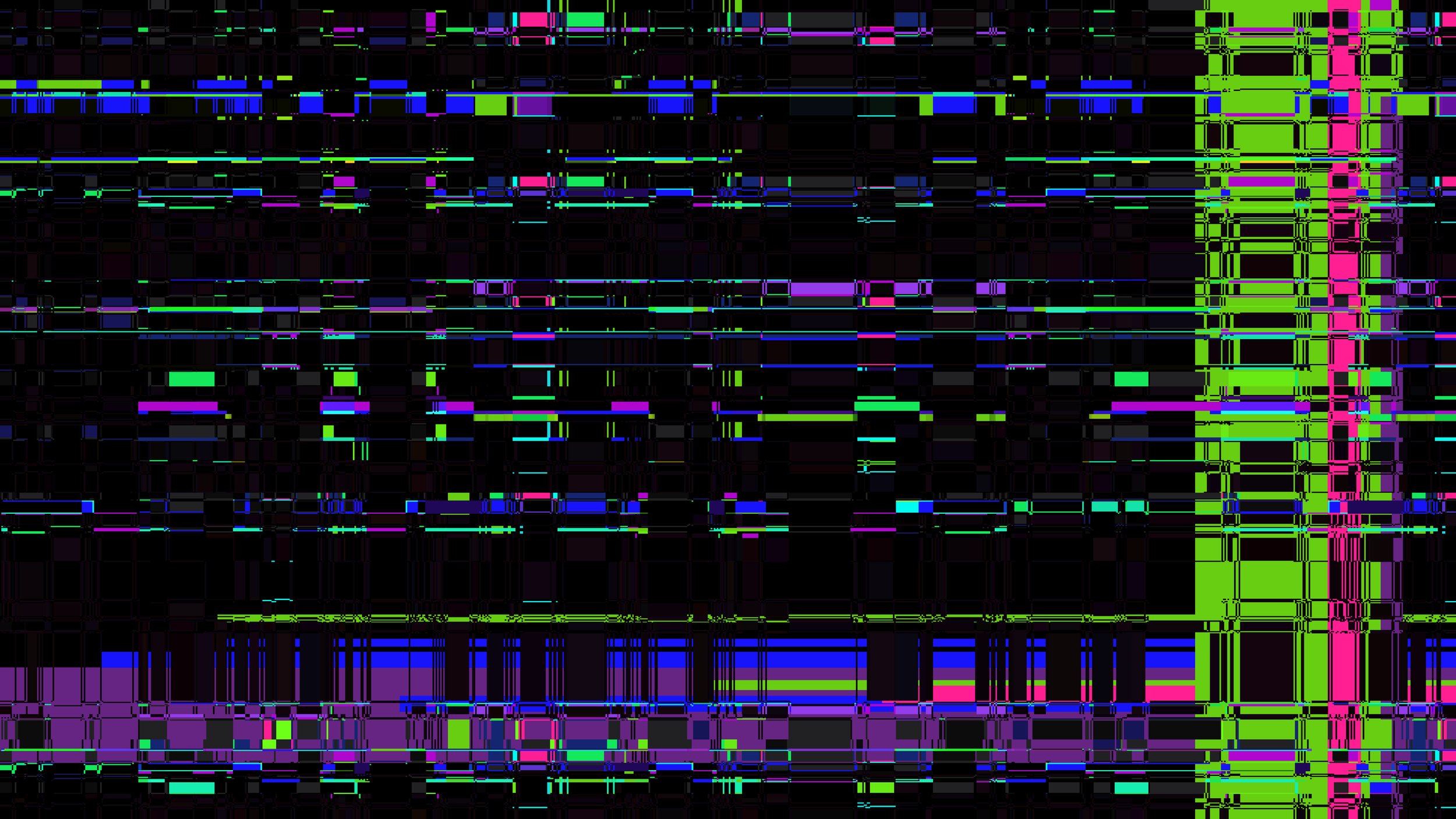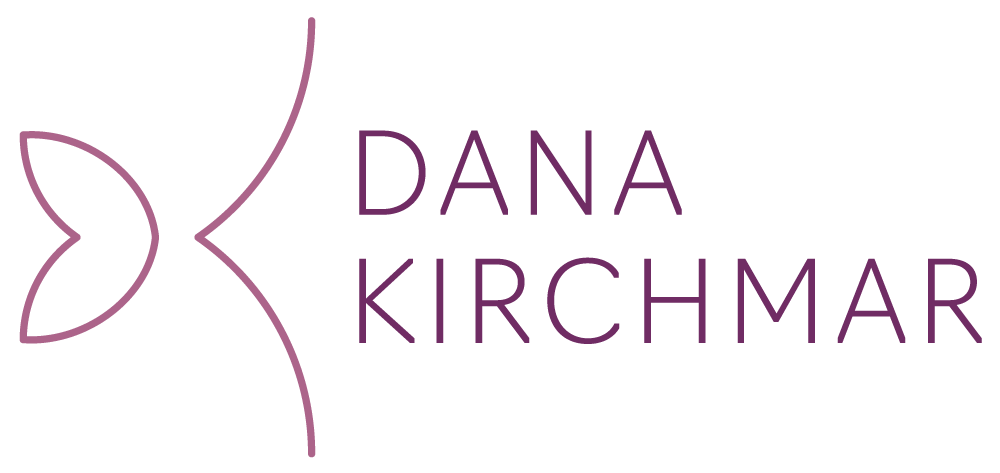
Algorithmic Soundscaper - Crafting Digital Beats with a Byte
What's the Gig?
Music and math: not two things you'd typically lump together, right? Well, it's time to meet the Algorithmic Soundscaper. By blending intricate coding with musical expertise, these professionals take song creation to the next level. They delve deep into the world of algorithms, bringing forth soundscapes that echo both the beauty of mathematics and the emotional power of music. Imagine tapping into AI to generate a piece that could rival Beethoven or using patterns in nature to inspire the next chart-topping hit.
What's on Your Desk?
A top-tier computer setup with the latest sound editing software, headphones that would make an audiophile drool, a mini keyboard, and a host of algorithmic music tools. Maybe a plant or two (because creativity thrives with a touch of green).
Skills and Schooling
Bachelor's Degree: Music Technology, Computer Science, or a combo of both.
Coding Skills: Know your Python from your PureData.
Music Theory: Traditional knowledge meets tech.
Innovation: Always being open to fresh sounds and tech tools.
Mathematical Mindset: Music has patterns, and so do algorithms.
Who Will You High-Five?
From AI specialists to traditional musicians, your contacts list will be eclectic. Think composers, sound engineers, tech innovators, and digital artists.
Where You Could Hang Your Hat
Ableton: Music software developers embracing AI.
Spotify's Research Division: Ever wonder how Discover Weekly works?
Warner Music Group: They've dabbled in AI-generated music.
Google's Magenta Project: Exploring the role of AI in the arts.
Film and Game Studios: Background scores and game music? That's all you.
Why You Might Just Love This
Uncharted Waters: It's a niche field, making it ripe for innovation.
Tech and Tunes: If you geek out over both, why not combine them?
Creativity: From day one, your job is to innovate and inspire.
A Day in the Life of an Algorithmic Soundscaper
Morning: Codes and Chords
9:00 AM: A coffee and a listen to the latest trends in electronic music.
9:30 AM: Dive into tweaking a code for a new soundscape project.
Midday: Meetings and Music
11:00 AM: Sync up with a film director about the mood they're envisioning for their movie's score.
12:30 PM: Lunch while noodling on your digital keyboard, capturing any sparks of inspiration.
Afternoon: Debugging and DJing
2:00 PM: Time to debug that stubborn algorithm that's not translating into the right sound.
3:30 PM: Sample some new synthetic instruments for your digital library.
Evening: Exploration and Elation
5:00 PM: Dive into the world of generative music, exploring new ways to create.
6:00 PM: Reflect on the day's progress and draft ideas for tomorrow.
7:00 PM: Maybe unwind by exploring the intersections of tech and art in the latest journals.
If you ever felt torn between the concert hall and the computer lab, then Algorithmic Soundscaping might just be your calling. It's the beautiful blend of STEAM, where melodies meet mathematics in a dance that's both scientific and surreal. 🎵🔍
